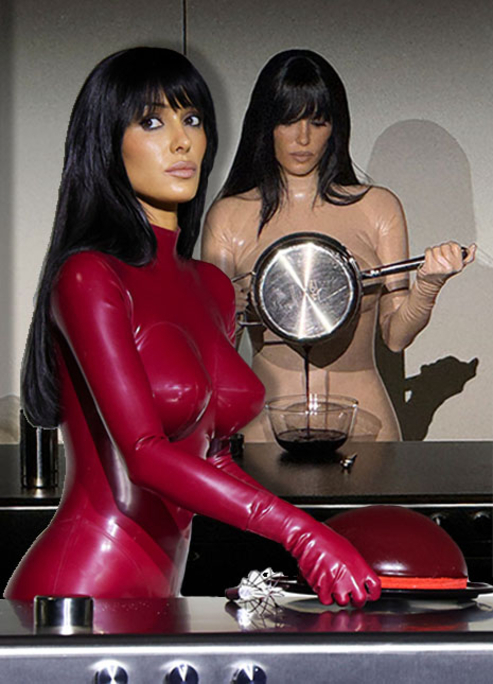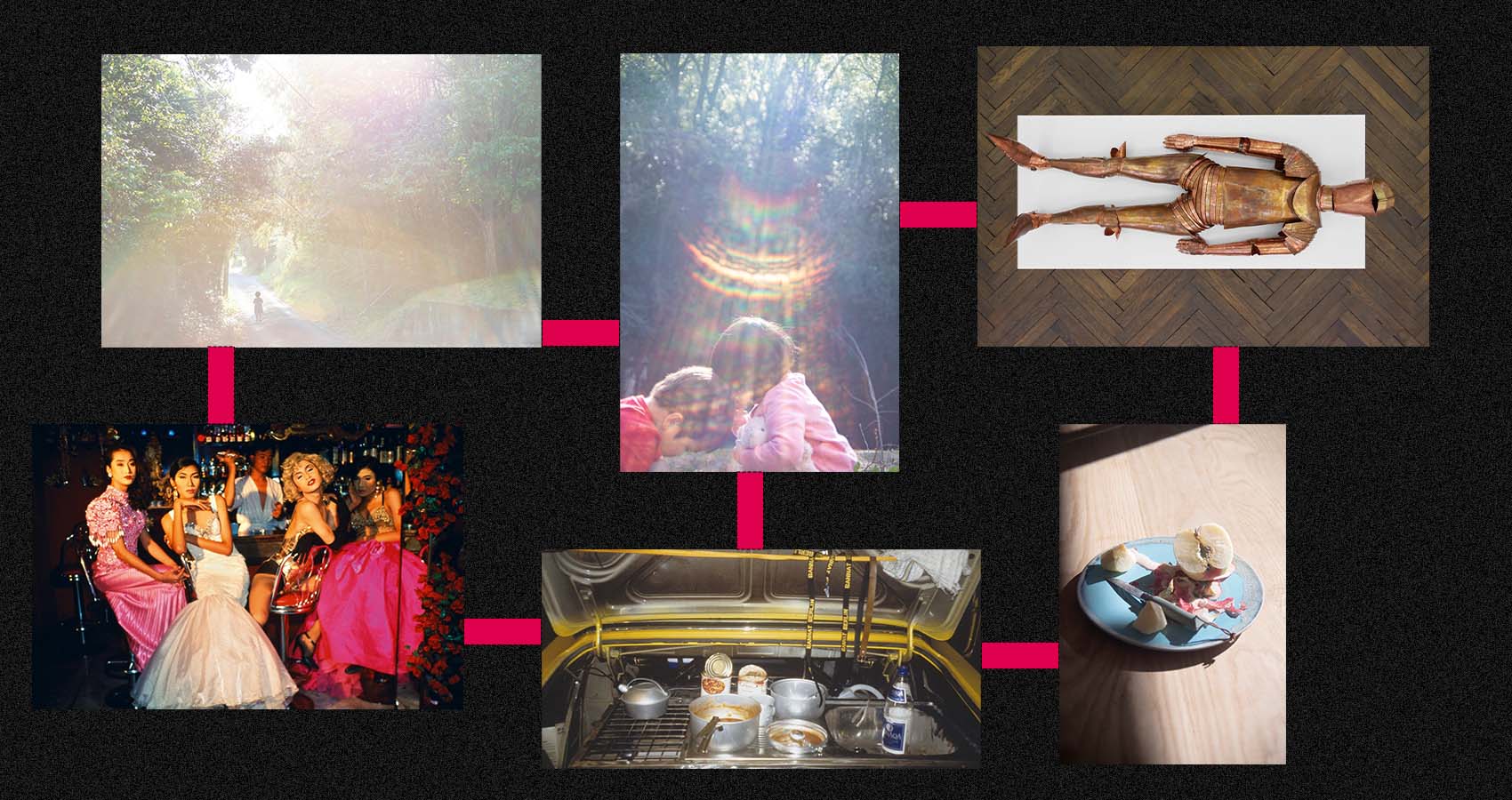
Inspiring and Provocative: Berlin’s Current Exhibitions Worth Exploring
Berlin's Art Scene: Introspection, activism, and creative engagement.
Berlin’s art scene this season offers a mix of introspection, activism, and creative wonder. From Rinko Kawauchi’s meditative photography to Nan Goldin’s raw and transformative retrospectives, the exhibitions invite viewers to pause, engage, and reflect. Add a playful exploration of everyday objects at Galerie Thomas Schulte, or Rirkrit Tiravanija’s interactive journey at Gropius Bau, and you’ll find compelling experiences that resonate deeply with the times. Here’s a curated list of exhibitions that stand out for their originality and thought-provoking perspectives.
A Faraway Shining Star, Twinkling in Hand by Rinko Kawauchi
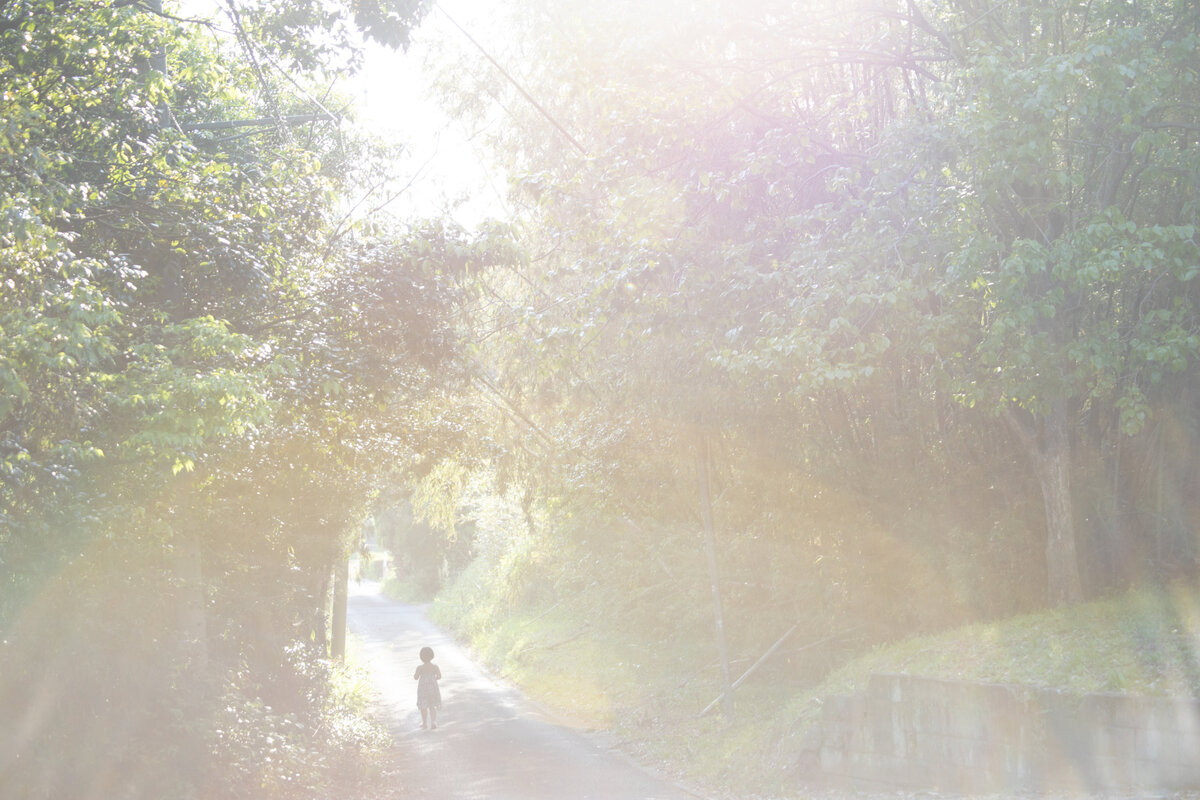
Amid life’s relentless chaos, the art of slowing down and being present takes center stage in the work of Japanese photographer Rinko Kawauchi. Known for her poetic imagery, Kawauchi masterfully captures the harmony between fleeting moments and grand natural phenomena. Her experiences in Iceland and Japan, influenced by both monumental landscapes and intimate daily scenes, culminated in her acclaimed series M/E (Mother Earth) in 2019.
Through her lens, Kawauchi explores themes of impermanence, human fragility, and environmental concerns. Her art juxtaposes the vastness of nature with the ephemeral beauty of everyday life, urging viewers to reflect on humanity’s role within the greater ecosystem.
Currently showcased at Fotografiska Berlin, the exhibition A Faraway Shining Star, Twinkling in Hand presents Kawauchi’s evocative works. These pieces, shaped by her personal life changes and the pandemic’s slowed pace, invite audiences to find meaning and beauty in the transient present while questioning our stewardship of Earth’s future.
Rinko Kawauchi was born in Shiga, Japan, in 1972. Her breakthrough came in 2001 with the Kimura-Ihei Prize and the release of three photo books: Utatane, Hanabi, and Hanako. She has since published 30 books and exhibited globally, earning accolades such as the Infinity Award (2009) and a shortlisting for the Deutsche Börse Photography Prize (2012).
The curator of the exhibition Jessica Jarl, Director of Global Exhibitions at Fotografiska, bridges art and activism through impactful exhibitions. Known for fostering dialogue and reflection, she exemplifies the modern curator’s role as a changemaker, connecting global audiences with critical themes.
The Exhibition is on view until April 20, 2025 (opening Friday, Dec. 6 )
Nan Goldin - This will not end well. A Retrospective.
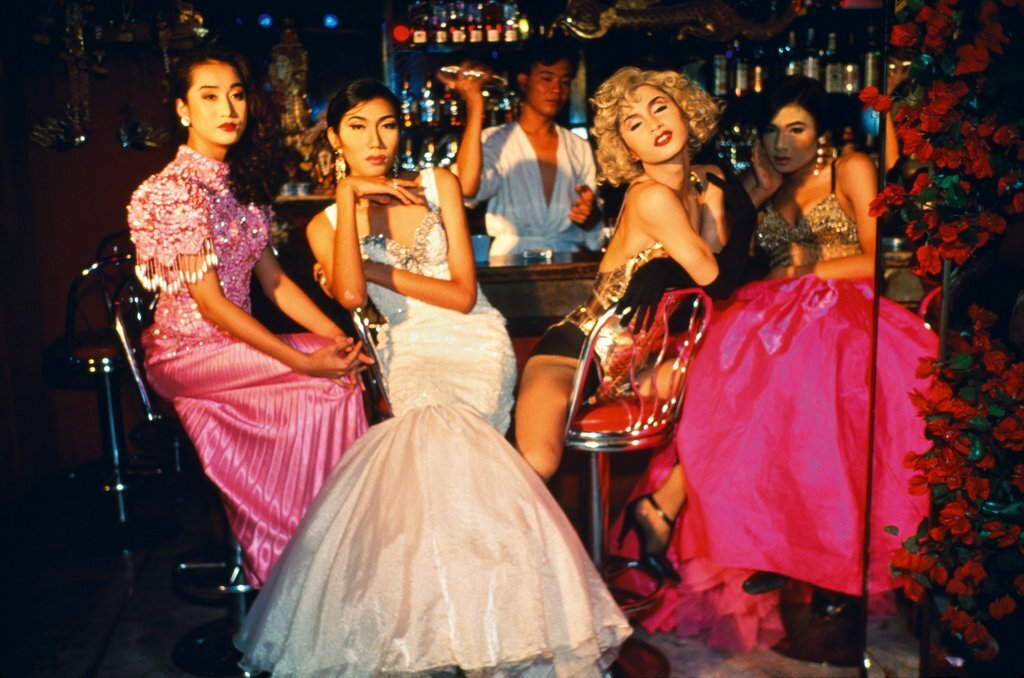
Nan Goldin's This Will Not End Well is a powerful retrospective that merges raw personal narratives with urgent social commentary. The exhibition immerses viewers in Goldin's iconic slideshows, such as The Ballad of Sexual Dependencyand The Other Side, offering a candid look at addiction, intimacy, and loss. Goldin’s unflinching portrayal of her subjects—often marginalized communities—remains both tender and confronting. The exhibit's design, created by architect Hala Wardé, enhances the emotional depth, creating an interactive environment where the audience is drawn into the storytelling.
Goldin’s activism is also a key element, with her advocacy against the opioid crisis and outspoken political views, including her stance on the Gaza conflict. These elements underline her belief in art as a tool for social change. Ultimately, This Will Not End Well stands as a testament to Goldin’s legacy, inviting reflection on the complex beauty of life and the power of art to challenge and transform
Nan Goldin is an American photographer renowned for her intimate, raw, and often provocative portrayal of personal and social issues. Her work primarily focuses on the themes of love, gender, sexuality, and identity, often capturing her friends and loved ones in candid, unflinching moments. Goldin gained widespread recognition for her groundbreaking series The Ballad of Sexual Dependency (1986), a visual diary of her life and those around her, which explored the complexities of relationships, addiction, and the LGBTQ+ community. Known for her unidealized approach to subjects, Goldin's work challenges conventional norms and remains a powerful voice in contemporary photography.
The exhibition is on view at Neue Nationalgalerie until April 6, 2024
Everything but the Kitchen Sink: An Exploration of Everyday Objects at Galerie Thomas Schulte
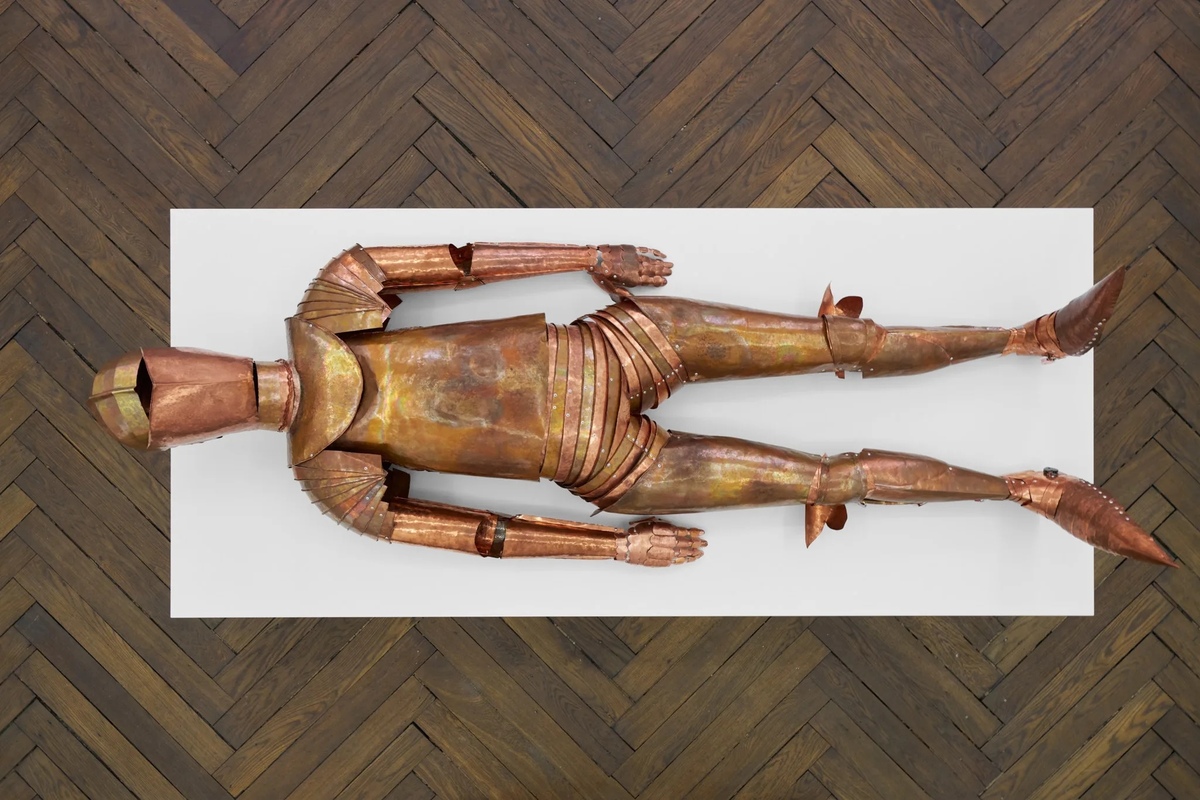
Galerie Thomas Schulte’s latest exhibition, Everything but the Kitchen Sink, examines the complex meanings of everyday objects. Drawing from the gallery’s 35-year history, the show brings together artists from both early and recent programs, exploring how familiar items can be re-contextualized, transformed, and stripped of their expected functions. The title, evoking the idea of excess, reflects the diverse voices and approaches of the artists, while also questioning the objects' roles in shaping meaning.
Themes of corporate culture and personal identity are also central to the show. One work juxtaposes corporate symbols with personal trinkets, creating a chaotic collage that critiques systems of meaning, while another deconstructs consumer imagery, highlighting its pervasive and manipulative nature.
Further, some pieces explore the concepts of authenticity and value, blurring historical and personal narratives through objects. Other works use natural forms to comment on societal constructs around gender and identity. Together, these pieces invite viewers to reconsider their assumptions about the everyday objects that surround them, prompting a deeper reflection on the meanings we assign to the things in our lives.
With works from: Rebecca Horn, AllanMmcCollum, Willem de Rooij, Julian Irlinger, Stephen Willat, Hannah Stigeler, Maria Loboda, José Montealegre and Lena Henke
The exhibition is on view in the gallery's new and 2nd location in the Mercator Höfe on Potsdamer Strasse 81B
The exhibition is on view until December 21.
Rirkrit Tiravanija at Gropius Bau: Art as Life
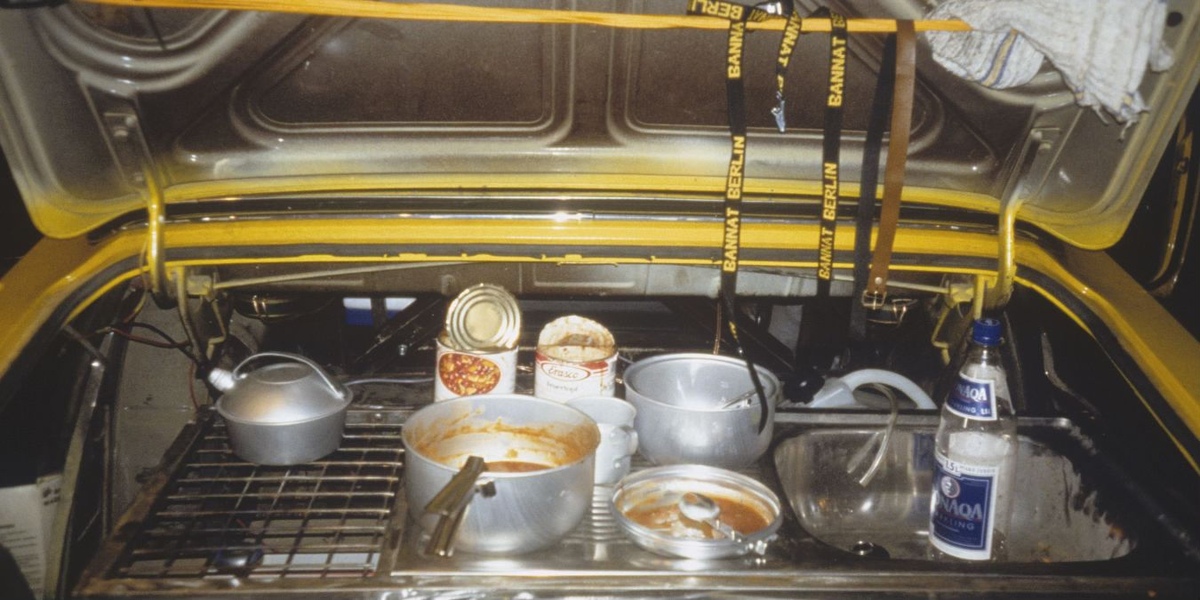
Rirkrit Tiravanija’s Das Glück ist nicht immer lustig (Happiness Is Not Always Fun) at the Gropius Bau is a vibrant retrospective spanning over 80 works from 1987 to 2024. True to Tiravanija’s ethos, the exhibition blurs the boundaries between art and life, transforming the museum into a dynamic space of interaction and connection.
The title, borrowed from Fassbinder’s Ali: Fear Eats the Soul (1974), anchors the show in themes of social critique and cultural reflection. Tiravanija’s works—including participatory installations, rarely seen Super 8 films, and sculptures—often explore Germany’s political history and cultural narratives, making this exhibition especially resonant in Berlin.
Visitors can actively engage through ping-pong games in the atrium, music creation in a rehearsal studio, and T-shirt screen-printing sessions. The spiral-shaped stage, untitled 2024 (demo station no. 8), hosts daily performances, turning the atrium into a communal hub. These participatory elements celebrate chance encounters and shared experiences, hallmarks of Tiravanija’s practice.
Rirkrit Tiravanija is a contemporary Thai artist best known for his interactive and participatory approach to art. Born in 1961 in Buenos Aires, Argentina, and raised in Thailand, Tiravanija’s work often blurs the boundaries between art and life. He is famous for creating immersive, communal experiences, where the act of sharing meals, conversations, or activities becomes the artwork itself.
This is more than an exhibition, Das Glück ist nicht immer lustig invites you to live the art. From its interactive installations to its poignant social themes, this is a must-see for anyone curious about the transformative power of contemporary art.
The exhibition is on view until January 12, 2025, at Gropius Bau, Berlin
Check the website for their program of events connected to the exhibition.



